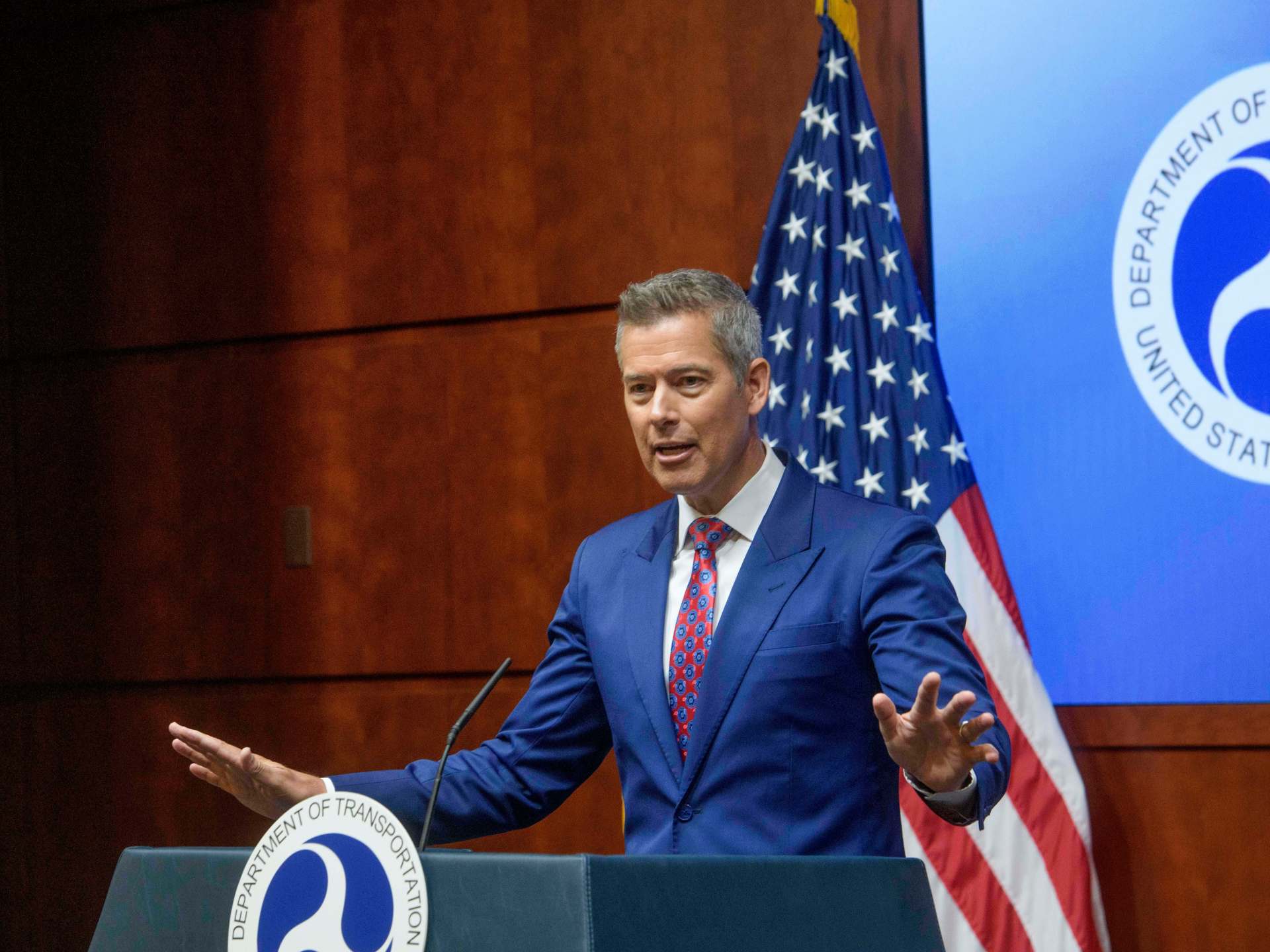The former US President Joe Biden’s administration, according to the US Department of Transportation, went overboard by assuming a high electric vehicle adoption rate when formulating fuel economy regulations.
The DoT published the “Resetting the Corporate Average Fuel Economy Program” (CAFE) rule in response to that declaration on Friday, opening the way for looser fuel standards. The fuel economy standards will be revised in a separate rule from President Donald Trump’s administration.
In the United States, we are making automobiles more affordable and simpler to produce. Transportation Secretary Sean Duffy said in a statement that the previous administration had violated CAFE standards by making an electric vehicle mandate.
The National Highway Traffic Safety Administration (NHTSA) of the department, which wrote its rule last year under Biden, pretended “significant numbers of EVs would continue to be produced regardless of the agency’s standards, increasing the level of standards that could be considered maximum feasible,” it said on Friday.
A change in policy toward Biden
In a January order, Duffy ordered NHTSA to rescind fuel economy standards set forth in Biden’s model years, which had a goal to significantly reduce fuel consumption for cars and trucks.
The DoT mandated a 2 percent increase in fuel economy for cars produced between 2027 and 2031 in a release last year, which was then led by Pete Buttigieg.
The DoT claimed at the time that it would help save gas costs for consumers by up to $600 annually. The Biden administration’s climate change strategy included it as well.
“These new fuel economy standards will save our country billions of dollars, lower our dependence on fossil fuels, and make everyone’s air cleaner.” The advantages of this rule will continue to be in American hands for many years, according to NHTSA Deputy Administrator Sophie Shulman at the time.
The NHTSA announced in June 2024 that CAFE standards would increase from the current 39.1mpg for light-duty vehicles to about 50.4 miles per gallon (4.67 litres per 100km) by 2031.
The government announced last year that the rule for passenger cars and trucks would cut fuel costs by 64 billion gallons, reduce emissions by 659 million metric tons, and generate net savings of $ 35.2%.
Senate Republicans’ latest proposal, which would eliminate fines for breaking CAFE regulations, was released late on Thursday as part of a comprehensive tax bill that would ease automakers’ ability to produce gasoline-powered vehicles.
After paying nearly $400,000 in penalties from 2016 through 2018, Stellantis paid $ 190.7 million in civil penalties for not meeting US fuel economy requirements for 2019 and 2020. GM previously paid $128.2m in penalties for 2016 and 2017.
Stellantis defended the Senate Republican proposal to “relief while DoT develops its proposal to reset the CAFE standards,” saying that “immediate relief is required to preserve affordability and freedom of choice.”
Source: Aljazeera

Leave a Reply